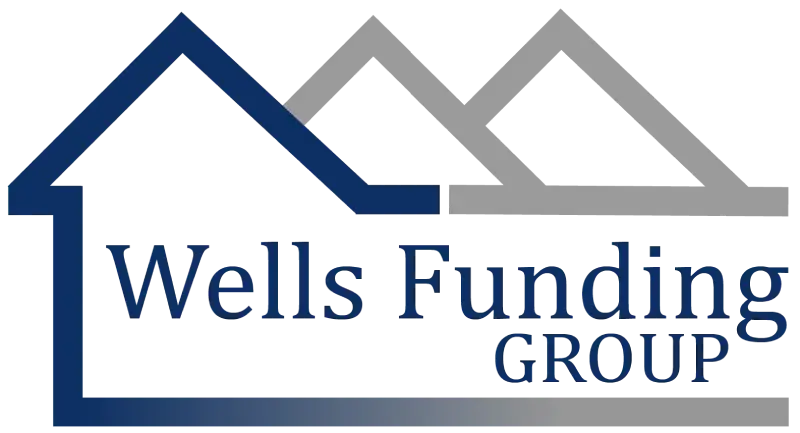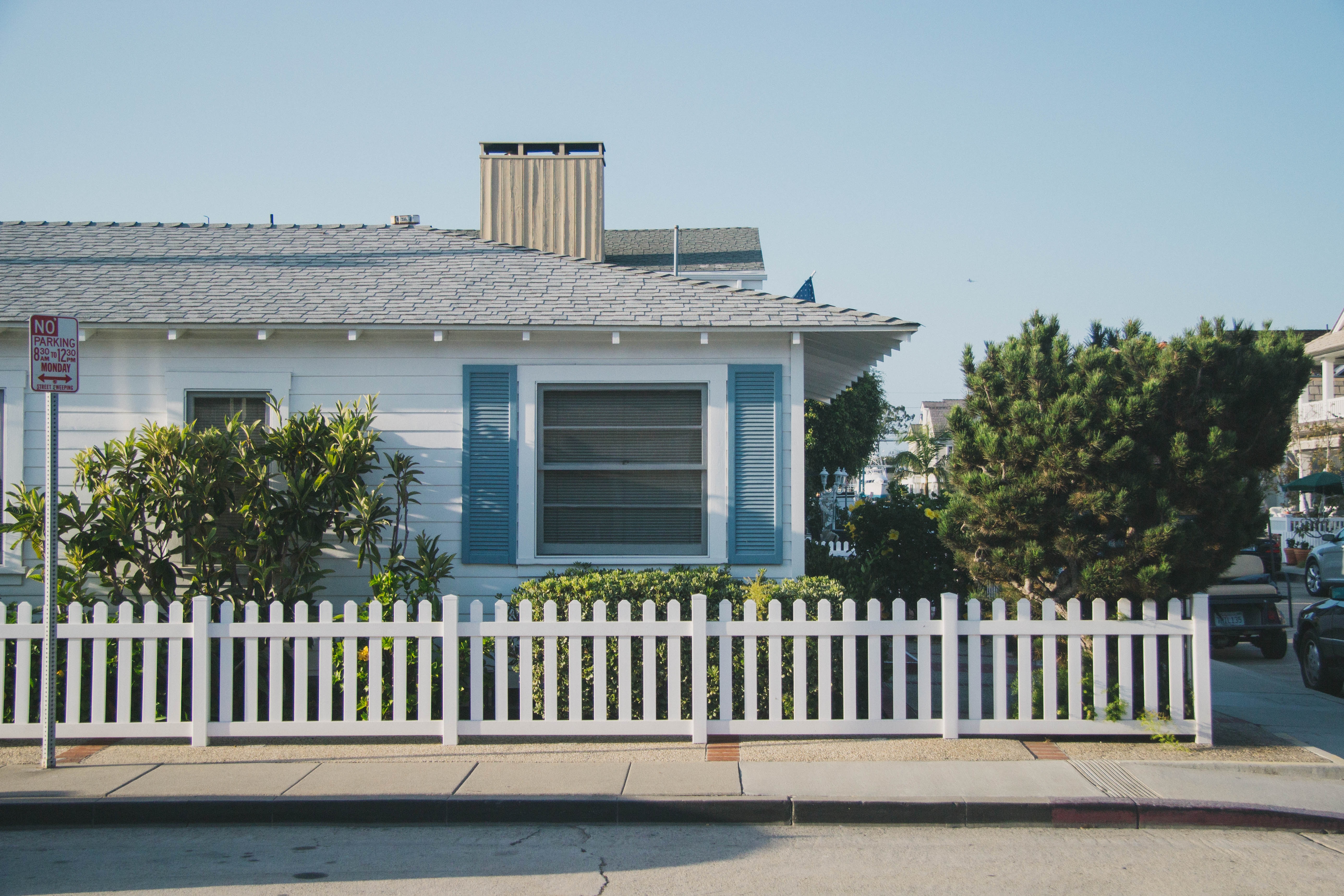![Facts About Closing Costs [INFOGRAPHIC] Simplifying The Market](https://www.wellsfundinggroup.com/wp-content/uploads/2023/03/Facts-About-Closing-Costs-KCM-Share.png)
Closing costs are an essential part of the home-buying process, but many buyers and sellers may not fully understand what they entail. This infographic breaks down the most important facts about closing costs, helping you prepare for the final step in the home-buying or home-selling journey.
1. What are Closing Costs?
- Definition: Closing costs are fees associated with the completion of a real estate transaction, including the processing of the sale and the transfer of ownership.
- Typical Amount: Closing costs generally range from 2% to 5% of the home’s purchase price.
- Who Pays What?: Both buyers and sellers are responsible for different parts of the closing costs. Buyers typically pay for items like lender fees, title insurance, and inspections, while sellers often cover agent commissions and transfer taxes.
2. Types of Closing Costs
- For Buyers:
- Loan Origination Fee: Charged by the lender to process the loan, usually 0.5% to 1% of the loan amount.
- Title Insurance: Protects against claims on the title, typically around 0.5% of the home’s purchase price.
- Home Inspection Fees: Buyers are responsible for paying for home inspections to ensure the home is in good condition. Costs can vary based on the size and location of the property.
- Appraisal Fees: Lenders require an appraisal to assess the home’s market value, which can cost between $300 and $600.
- Prepaid Costs: Buyers may have to pay for prepaid costs like property taxes, homeowner’s insurance, and mortgage interest.
- For Sellers:
- Real Estate Agent Commission: Typically 5% to 6% of the home’s sale price. This fee is usually split between the buyer’s and seller’s agents.
- Transfer Taxes: Charged by state or local governments for the transfer of property ownership. This can vary widely depending on your location.
- Repairs: If issues are discovered during the inspection process, sellers may need to pay for repairs before closing.
- Mortgage Payoff: Sellers must pay off the remaining balance on their mortgage at closing, which may also include any early payment penalties or fees.
3. Common Closing Cost Breakdown
- Buyers:
- Loan Origination Fees: 0.5% to 1% of the loan
- Title Insurance: 0.5% of home’s price
- Home Inspection: $300 to $500
- Appraisal: $300 to $600
- Prepaid Costs: Varies
- Sellers:
- Real Estate Commission: 5% to 6% of sale price
- Transfer Taxes: Varies
- Repairs: Varies
- Mortgage Payoff: Varies
4. How to Prepare for Closing Costs
- Ask for a Good Faith Estimate: This document from the lender provides an estimate of the closing costs before you sign the loan agreement.
- Negotiate Closing Costs: Some closing costs are negotiable. You may be able to have the seller pay part of the buyer’s closing costs, or your lender might offer lower fees.
- Save for Closing Costs: Since closing costs can add up, it’s important to save at least 2% to 5% of the home’s purchase price to cover them. This will help ensure you’re financially prepared when the time comes.
5. Can Closing Costs Be Rolled Into the Mortgage?
- Yes: In some cases, buyers can roll closing costs into the mortgage, which allows them to avoid paying for these costs upfront. However, this will increase the loan amount, and therefore, the monthly payment.
- No: In most cases, closing costs must be paid in full at the time of closing. Buyers should plan ahead to ensure they have enough savings for these fees.
6. Closing Cost Assistance Programs
- For Buyers: Some government programs offer assistance with closing costs, particularly for first-time homebuyers or those buying in underserved areas.
- For Sellers: In some cases, sellers may offer to contribute to closing costs as part of the negotiation process, particularly in buyer’s markets.
7. Understanding Your Closing Disclosure
- What Is It?: A Closing Disclosure is a detailed summary of your final closing costs, including the exact fees and charges you’ll be responsible for. You’ll receive this form three days before closing.
- Why It Matters: It’s essential to review your Closing Disclosure carefully to ensure everything is accurate and to avoid any surprises at the closing table.
Conclusion:
Closing costs are a necessary part of buying or selling a home. Understanding the various fees and expenses involved can help you prepare and avoid surprises. Whether you’re the buyer or the seller, being aware of closing costs will allow you to plan your budget, negotiate where possible, and ensure a smooth and successful real estate transaction.
For a more detailed breakdown of your closing costs, be sure to consult with a real estate professional or your lender to get an accurate picture of what you can expect at the closing table.

